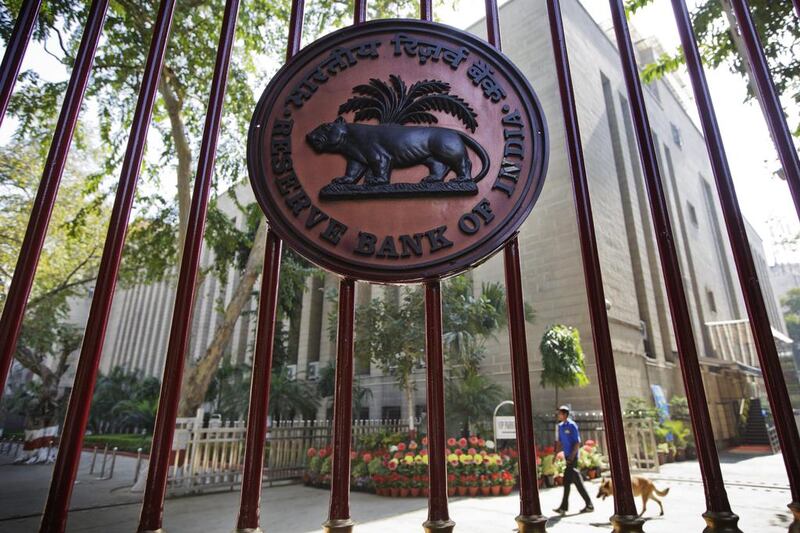India has paved the way to replace its archaic insolvency laws with a new bankruptcy code that would help the country’s banks as they struggle under billions of dollars of bad loans. The law could be confirmed as soon as this week.
On Thursday, the Lok Sabha, India’s lower house of parliament, passed the Insolvency and Banking Code, which will reduce the time it takes to wind up a company and speed up the process of recovering debts from firms that default.
Under the existing century-old laws, banks have had a hard time recovering bad debt, with the case of Kingfisher tycoon Vijay Mallya, who owes banks more than US$1.3 billion, bringing the issue into sharp focus.
The bankruptcy bill still needs to be approved by the upper house of parliament but it could go through this week, as long as the opposition does not try to derail the move.
“This would help to get a faster exit for firms,” says Abhimanyu Sofat, a co-founder of AdviseSure, an investment advisory company in India. “Closing a business is a big headache and takes a lot of time.”
Under the new law, there would be a deadline of 180 days following a default by a company and if no other resolution is reached, the company would be liquidated. There would also be jail sentences for those that try to cheat the system under the bankruptcy code.
It is expected to help in India’s rankings globally in terms of its ease of doing business, which is important as the country tries to attract more outside companies and foreign investment, he said.
“Right now one has to see what finally happens,” Mr Sofat says. “What gets passed by one house might not get passed by another. There is a lot of political turmoil happening in India. It’s good that they have started acting, though, and after the Vijay Mallya case there’s been a trigger in terms of doing something because clearly the public sector banks are in very bad shape. It is positive but the speed at which it happens will be very critical.”
It could take time for the law to actually become effective because India would need a body of lawyers and accountants trained to implement the system.
Munesh Khanna, a partner at PwC India and specialist in corporate finance and business restructuring, said that the bankruptcy code was much needed and he hoped to see it come into effect without any delays.
“The bankruptcy law is a comprehensive legislation and addresses almost all relevant issues,” he said. “The success of any legislation is dependent on execution and implementation. Towards this end, I would urge the government to ensure that the implementation for the framework of execution of the legislation is smooth and speedy.”
business@thenational.ae
Follow The National's Business section on Twitter





